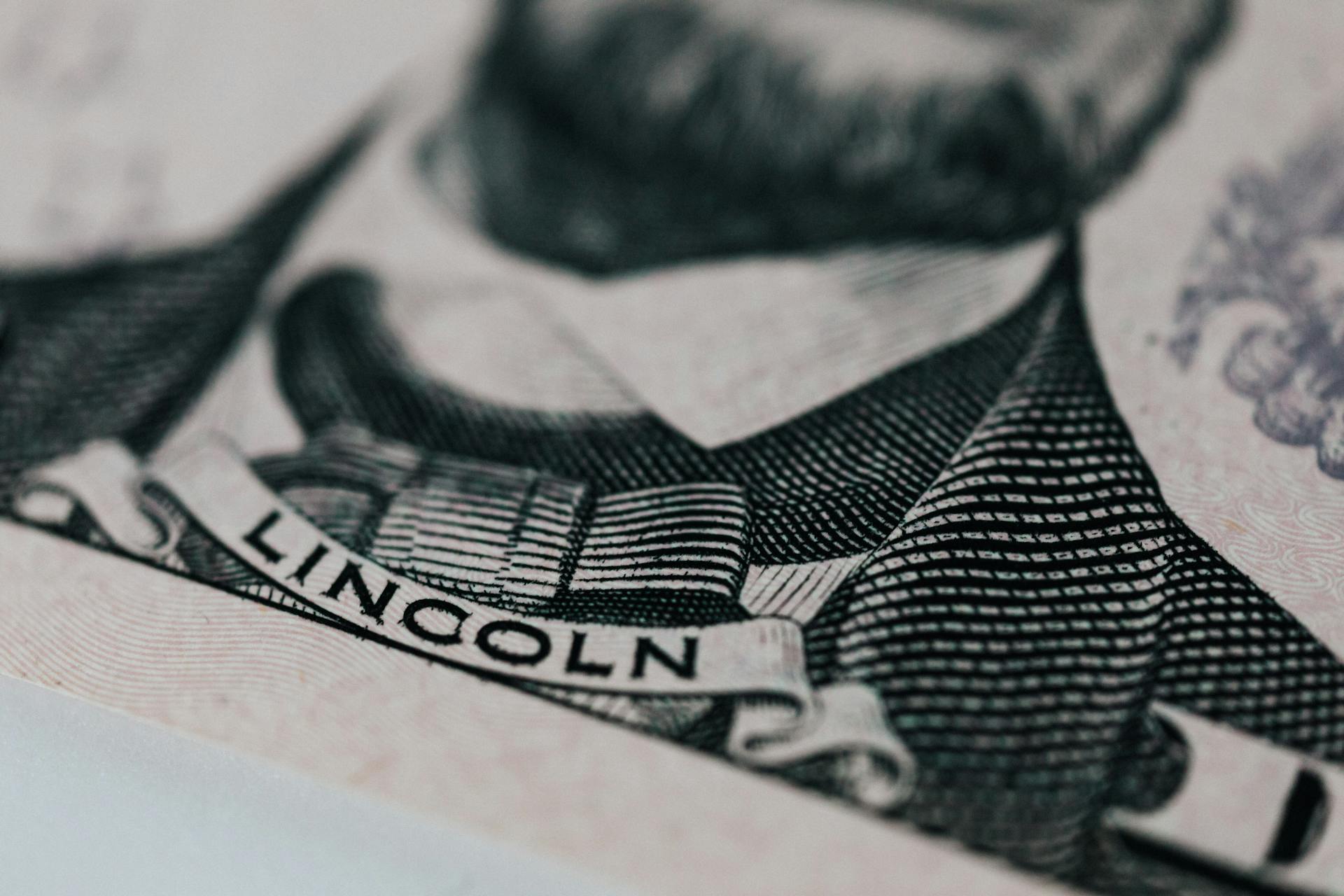
Closing costs are a crucial part of buying a home, and understanding them is essential for any first-time homebuyer. These costs can add up quickly, so it's important to know exactly what you're paying for and how much you'll be expected to pay. Whether you're closing on your dream home in March 19 2023 or considering purchasing an affordable property that is no longer accepting USDA loan applications, knowing the ins and outs of closing costs can help you avoid any unpleasant surprises at the closing table.
Home closing costs cover a variety of fees associated with finalizing your property purchase. These fees typically include appraisal fees, title insurance, homeowners insurance, loan origination fees, and more. Many loan services require buyers to pay these fees upfront before they can close on their new home. Unfortunately, many first-time homebuyers underestimate just how much they'll need to pay in closing costs. If you're not prepared for these expenses, the payment isn't going to be a pleasant surprise when it comes time to sign on the dotted line.
In this ultimate guide to understanding closing costs, we'll break down everything you need to know about the different types of closing costs and how much you can expect to pay. We'll also provide tips for negotiating with lenders and sellers to reduce your overall expenses at the closing table. By the end of this article, you'll have a better understanding of what closing costs are and how much you'll need to budget for when purchasing your next home.
The Ultimate Guide to Understanding Closing Costs.
Closing costs are expenses that homebuyers pay at the end of the home buying process. These costs can vary depending on location, lender, and other factors. Loan closing costs cover things such as processing fees, home appraisal, and homes title. Specific closing costs you'll have to pay depend on the type of loan you receive and your lender's requirements. Understanding these costs is crucial to avoid surprises at the end of the home-buying journey.
1. See What You Qualify For
If you're a first-time homebuyer wondering about closing costs, it's important to see what you qualify for based on your credit profile and home description. With Rocket Mortgage's home loan process online, simply enter your contact information and start the application process. Plus, their privacy policy ensures they'll resolve claims related to the Telephone Consumer Protection Act. After completing the form, congratulations based on your qualifications will automatically pop up before taking you to the sign-in page where you can continue by clicking on the next tab.
Get Familiar with How to Calculate Closing Costs on a House

Closing costs refer to the fees associated with finalizing a real estate transaction. These costs can vary widely, which is why it's essential to understand how to calculate them. To get started, you'll need some basic information like the loan amount, interest rate, and estimated property taxes. You'll also want to enter estimates for typical closing costs including fees for home appraisal title insurance, loan origination, and home insurance premiums.
Once you've entered all of the necessary information into the calculator, take a look at the estimated total costs. This section shows you what you can expect to pay in closing costs based on the calculators default settings. However, keep in mind that closing costs and fees vary widely by location and lender type. The top result shows total closing costs but also includes set prices for mortgage discount points and purchase discount points that may not apply to your situation.
In the costs section of the calculator, you can customize results based on items you enter. This fee is optional and not required for all transactions. By adjusting these settings, you can get a better idea of what your payment amount will be at closing. Keep in mind that while some fees are mandatory, others are negotiable or optional. Understanding how to calculate closing costs can help ensure you're prepared financially when it's time to close on your new home.
The Ultimate Guide to Understanding Buyer's Closing Costs
Closing costs refer to the fees and expenses that buyers need to pay in order to finalize their home purchase. These costs can vary depending on several factors, such as lender requirements, government requirements, and specific lender policies. Some closing costs are optional depending on the buyer's preferences.
Before the closing meeting, buyers will receive a document called the closing disclosure, which details all of their expected closing costs. This document must be provided at least 3 business days before the closing date, so buyers have enough time to review it and ask any questions they may have. Common closing costs include loan origination fees, appraisal fees, title insurance fees, and property taxes. Understanding these costs can help buyers prepare for what they owe lets them know what to expect during the home buying process.
1. Application Fee
When you're buying a home, it's important to be aware of all the costs involved. One fee lenders charge is the application fee, which is a separate fee from closing costs. This fee varies depending on the lender and can range from $50 to $500. Keep in mind that if your loan request is rejected, you won't get this fee back.
2. Appraisal
Appraisal is a vital part of the home buying process. A third-party appraisal management company hires a professional appraiser to assess the value of the property you're interested in purchasing. The appraiser will conduct a basic safety checking and compare your property with similar ones that have recently sold in the area. This ensures that you aren't overpaying for your new home. Property appraisal fees are typically included in the closing costs, so it's important to keep this in mind when budgeting for your move-in ready appraisals.
3. Attorney Fees
When it comes to closing costs for a housing loan, attorney fees can be a significant expense. These fees cover the cost of having a real estate attorney coordinate the title transfer and ensure that all legal requirements are met. The amount of attorney charges depend on local rates and can vary greatly, so it's important to research and understand these costs before finalizing your loan.
4. Closing Fee
What is a closing fee? It's a fee charged by the escrow company for their services during the closing meeting. These fees vary depending on the company and location, so it's important to research and understand all of your closing costs before finalizing any real estate transaction.
5. Courier Fee
If you're buying a home and wondering about all the various closing costs, one fee you might see is the courier fee. This covers the cost of transporting mortgage documents between the lender, title company and/or closing agent. Don't be surprised if your lender charges this fee - it's a common expense associated with getting a mortgage. Keep reading to learn more about other potential closing costs you may encounter.
6. Credit Reporting Fee
When you're buying a home, there are several fees to consider in addition to your down payment. One of these is the credit reporting fee. This cost covers the expense of obtaining your credit report and score, which lenders will use to determine your eligibility for a mortgage. While credit reporting fees may seem like an added expense, they can be crucial in securing favorable loan terms and ultimately saving you money in the long run.
Frequently Asked Questions
How can I reduce my closing costs?
One way to reduce closing costs is to shop around for different lenders and compare their fees. You can also negotiate with the seller to pay some of the closing costs or opt for a no-closing-cost mortgage, but be aware that these options may come with higher interest rates.
Are closing costs negotiable?
Yes, closing costs are negotiable. Homebuyers can negotiate with the seller to pay a portion or all of the closing costs or shop around for lenders who offer lower fees.
How much are closing costs and who pays them?
Closing costs typically range from 2-5% of the home's purchase price and are paid by both the buyer and seller. These costs can include fees for loan origination, title insurance, appraisal, and more.
Who generally pays closing costs?
Typically, the homebuyer pays for closing costs, which can range from 2-5% of the total loan amount. However, in some cases, the seller may agree to cover some or all of the costs.
How much Am I going to pay in closing costs?
The total amount for closing costs varies depending on factors such as the purchase price of the property, location, and loan type. In general, closing costs can range from 2% to 5% of the home's purchase price. It is recommended to ask your lender or real estate agent for a breakdown of estimated closing costs specific to your situation.
Featured Images: pexels.com

